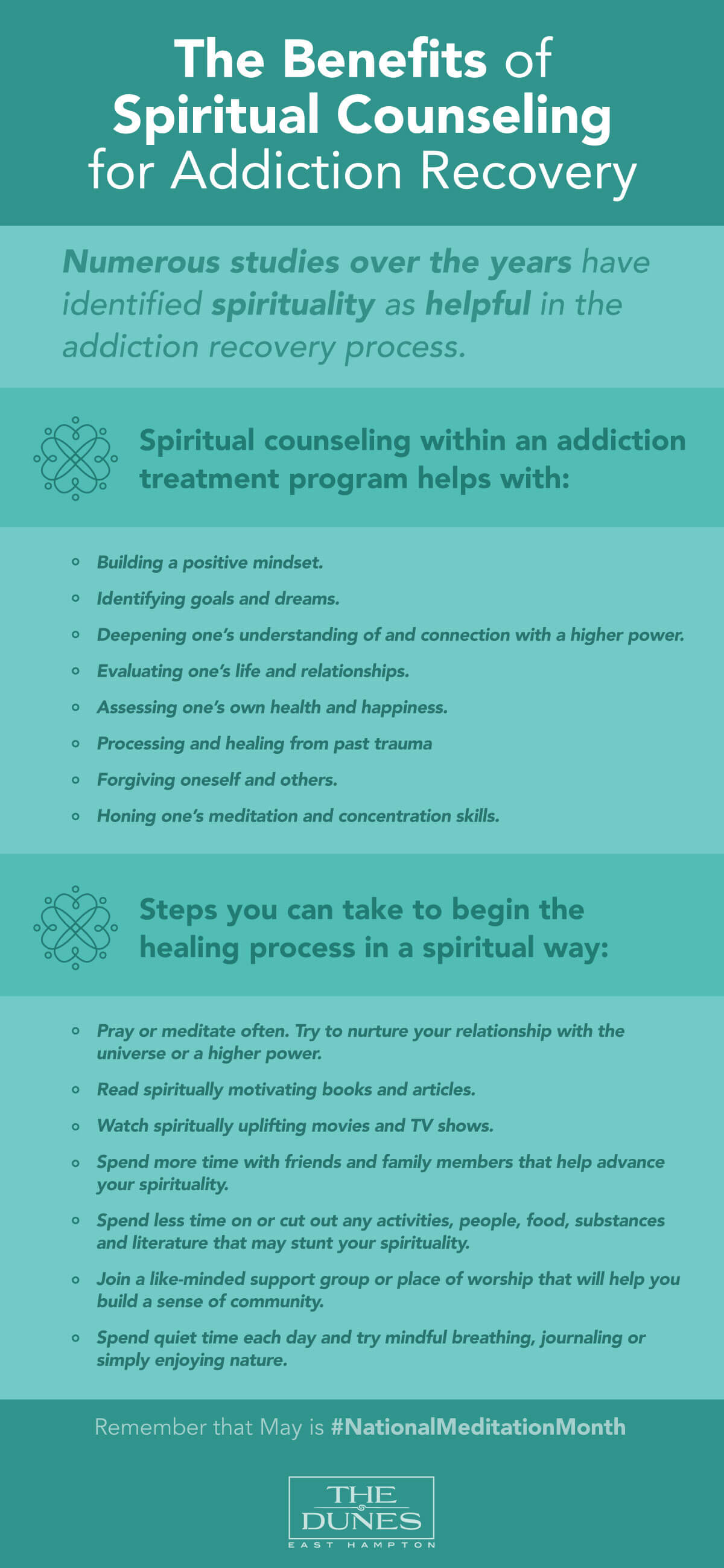This Write-Up Aid You To Comprehend The Inpatient Therapy Options

Content by-Wiley Shaw
Inpatient therapy is commonly the most effective option when you or a loved one needs extreme care to recover from a mental health problem. But many people don't understand what to anticipate, or how to get aid.
Inpatient programs generally provide a mix of private and group therapy, medically supervised detox (if needed), as well as residential treatment solutions. The size of a stay varies.
Medically Assisted Detoxification
Detoxification, or the process of getting rid of drugs and alcohol from the body, is often the very first step in recovery. https://www.verywellhealth.com/types-of-prescription-drug-addiction-5213476 is a risk-free setting where health professionals make use of medicines and also other techniques to help manage withdrawal symptoms, simplicity physical reliance on the medicine as well as avoid addiction relapse.
A clinically helped detox (MAD) program makes use of FDA-approved drug, together with therapy and behavior modification, to deal with opioid or alcoholic abuse. These drugs are made use of to ease the physical symptoms of withdrawal, lower food cravings as well as aid the client focus on treatment.
The initial stage of detoxification is an assessment, where the physician will take a thorough medical history, examine a person's medical condition and examination for any other co-occurring mental wellness disorders or other medical problems that could impact their recovery.
The next stage of detox is stablizing, where the physician guarantees the patient is stable and also prepared for additional treatment. This consists of analyzing for adequate biopsychosocial stability and also promoting link to ideal inpatient or outpatient services.
Intensive Outpatient Treatment
Extensive Outpatient Treatment (IOT) is a reliable treatment choice for individuals with milder material usage disorders and co-occurring psychological health conditions. It is developed to develop support mechanisms as well as aid clients create coping techniques.
It can additionally be an efficient method to step down from a higher degree of care, such as inpatient intense treatment or property treatment.
The ideal degree of inpatient therapy depends upon the person's requirements, including their intensity as well as commitment to recuperation. Inpatient therapy supplies an organized setting where people can focus on their recovery without disturbances from outdoors influences.
Inpatient treatments may need a full-time commitment, approximately a number of months. This kind of therapy can be turbulent and also challenging for some individuals to approve. For this reason, several inpatient programs limit contact with friends and family during the very first few days or weeks of treatment. It is very important to reveal compassion and understanding during this duration, as it can cause feelings of bitterness or anger.
Partial Hospitalization
Partial A hospital stay is an inpatient therapy alternative that is excellent for people who have actually been identified with a psychological health and wellness disorder. It supplies thorough psychological health services, including team and also private treatment, drug administration and also even more, while permitting the individual to return house in the evening.
The most effective component is that it is usually cheaper than standard inpatient therapy choices. The majority of health insurance suppliers will cover part or every one of the prices of this sort of care.
Contrasted to household programs, the patient's day-to-day routine is not disrupted and also he or she can stay at house to often tend to family members responsibilities while obtaining therapy.
This type of treatment is perfect for people with co-occurring psychological wellness conditions. It additionally functions well for those who are incapable to devote to a complete inpatient program.
Continuing Care
Continuing care, also called aftercare, is a vital part of any therapy program. Males and female that have efficiently finished an extensive outpatient program or household dependency therapy receive follow-up assistance to maintain them sober.
Adding continuing care to any kind of kind of dependency therapy can raise the individual's possibilities of remaining abstinent for a year or even more. Without this sort of care, an individual can relapse and go back to using medicines or alcohol after they check out of a program.
A number of research studies have actually taken a look at ways to raise engagement in continuing care. These consist of contracts, prompts (e.g., letters as well as call from therapists), and affordable social supports. The most effective methods were the ones that encouraged clients to make a commitment to joining proceeding care. On top of that, continuity of treatment practices that highlighted coordination of care and attaching the individual to sources during outpatient treatment anticipated longer engagement in proceeding care.

